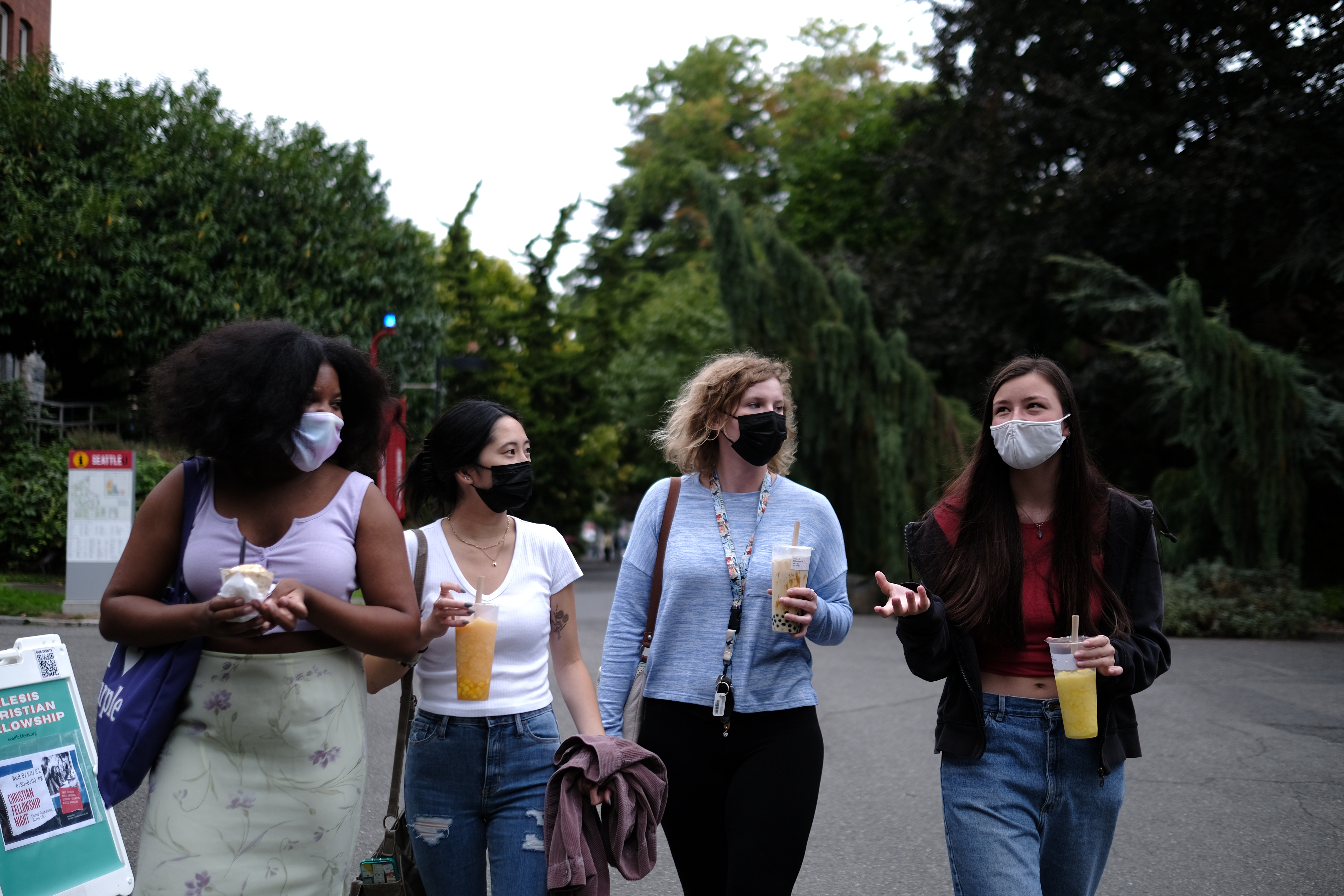The practicum experience is a huge part of social work education. Personally, I feel like I have learned more while at my practicum than I could ever learn in a classroom. There are parts of the practicum experience that seem to be less talked about and may go unnoticed by some. So, let’s talk about them so that you know what to expect!
Your practicum will be a place where you make mistakes and hopefully learn from them. You and your cohort will likely all feel like toddlers walking for the first time, stumbling all around as you try to find your footing. For this reason, having a great support system will be very helpful in and outside of practicum. If you’re lucky, you will get a chance to meet with a few different people that may act as your practicum instructor; if this is the case, remember to interview them as much as they interview you so that you have a good idea of how you two will work together. Many times, students do not get a choice of who their practicum instructor will be, and this can result in a less-than-ideal relationship between the two of you. Obviously, there may be ways to navigate the relationship to make it more beneficial, but another option is outsourcing this support. This support can be other friends who are also in school for social work or an individual that has completed school. In my case, I was able to find someone that has been in the field for a long time and was willing to offer me guidance when needed.
In addition to this, your practicum will give you the chance to practice your advocacy skills in real life. In social work school we often learn how to advocate for/with our clients and marginalized communities, but your advocacy skills will come in handy for you too. Your practicum instructor and site staff do not know what you know, what you want to learn, or what you hope to do, which means it is important to speak up for yourself. Maybe some of your expectations for the experience can’t be met, but in my experience most of my expectations have been doable. Thus, when you begin to have an idea of what you want to do, speak up! This can mean asking if you can lead a group, shadow more clinicians, get more clients, sit in on provider meetings, etc. In my time at my two different practicums, I have been able to ask for larger caseloads, the opportunity to lead a group, and smaller caseloads when I began to feel overwhelmed. Asking for what you want can be intimidating especially when you are new to the profession, but it is necessary since our practicum instructors can’t read our minds.
Last but not least, be as specific as you can on your practicum applications with the school. If you do the full two-year program, then you may not know how to be specific in your application and any experience will likely be helpful to your learning at that point. One thing that I was very clear about, is that I had no desire to work with youth, I would work with any other age range except for youth. In my second year, I had a much better understanding of what I wanted to do moving forward which was medical social work. Thus, I was able to identify this in my application for the school and happily got assigned to a hospital setting. Once I got into the interview process, those advocacy skills described above came in handy as I was able to express my intent to work within women’s health. I am now a few months away from being done with my second-year practicum working with women in an OBGYN and midwifery clinic.
I hope that you’re able to create the practicum experience that you’re hoping for and learn the things you are expecting. If you find yourself unable to do this while in school, do not worry and remember you will have many years throughout your career where you will have a multitude of opportunities. Graduate school is a challenging experience, even if you get the practicum you hoped for, so please be sure to create a support network that serves you during this time.

